Jeremiah Young entered the world four months early.
Born in Traverse City on March 9, 2015, he weighed a mere 1 pound, 7 ounces.
That same morning, about 130 miles to the south, neonatologists celebrated the inaugural opening of the new small baby unit at Spectrum Health Helen DeVos Children’s Hospital.
The new unit—part of the hospital’s Gerber Foundation Neonatal Center—had been uniquely designed for babies born at 26 weeks gestation or earlier.
Babies just like Jeremiah.
“It gives me goosebumps when I think about the fact that it opened the day he was born,” said Anita Young, his mother. “If he had not been taken to Grand Rapids, then I am not sure he would be here today.”
Jeremiah is now a thriving 5-year-old gearing up to start kindergarten.
He loves to play outside and ride his bicycle.
He has one speed—fast.
Meanwhile, the small baby unit has solidified its place as a state-of-the-art facility that each year gives 50 to 60 of the community’s most fragile newborns a chance to not only survive but thrive.
“We are just completely overjoyed and so proud to know that we are a huge part of their journey from the very beginning,” said Krista Haines, MD, lead neonatologist for the small baby unit.
“It makes all the work we put into making this small baby unit the best (one) ever worthwhile.”
An early start
Jeremiah’s mother feels those early days in the small baby unit set him up to learn to fight hard battles.
“He really continues to blow my mind and amaze me. He’s pretty spectacular. He’s overcome a lot in life,” she said. “His resilience and his drive is amazing.”
Jeremiah was rushed from Traverse City to Grand Rapids immediately after his birth.
At the time, Anita and her husband, Cory, were licensed for foster care of older children. They were also raising three biological children—Jenna, Jacob and Jessica, who were 12, 14 and 18 at the time.
“We kept getting all of these calls for babies,” she said. “My husband was adamant we were done with babies. He said, ‘We’re done with diapers.’”
But when they saw the desperate need, they told their social worker they were open to a baby.
Very soon after, they got a call about an 8-month-old baby girl who needed a home immediately.
The social worker added that she had a newborn biological brother who had just been born prematurely at 24 weeks.
“I just remember calling my husband and saying, ‘Well, how do you feel about two babies?’” Anita said.
Love at first sight
When Jeremiah turned 4 weeks old, Anita and Cory drove from their home in Traverse City to Grand Rapids and stepped into the small baby unit for the first time to meet him.
“I loved him from the second I saw him,” Anita said.
She remembers the moment well.
“I remember just breaking down,” she said. “He looked so tiny and frail. You could see through his skin, and it was unbelievable to me that he could sustain life. I could not believe it was possible that they were able to do what they can do.”
They put their hands in Jeremiah’s isolette and gently touched him. They had to be very quiet because any noise could overstimulate him.
On her third visit, Anita held Jeremiah for the first time. He was 6 weeks old.
“That was another day that was just unbelievable,” she said. “The very first time they put him on my chest the tears would not stop coming. It was amazing. It’s a little terrifying too because you’re so worried about doing something to hurt him.”
She remembers the nurses who worked together to help transfer him to her arms safely.
“I have such a special admiration and love for all of those NICU nurses,” she said. “They are an incredible group of people. I will never forget.”
Providing parents and newborns with skin-to-skin contact—also popularly known as kangaroo care—as early and often as possible is a priority of the unit. And it’s no small task, Dr. Haines said.
It takes a team of nurses and therapists to do it safely.
“It’s not an easy therapy, but it’s one that we are really focused on,” Dr. Haines said. “We do a really wonderful job with skin-to-skin.”
The Youngs visited every weekend, while also caring for Jeremiah’s older sister, Joyce, at home.
During each visit, while Jeremiah rested on Anita’s bare chest, his oxygen levels would rise so high the nurses would have to adjust the ventilator.
“It didn’t take me long to figure out that it was so healing for him,” Anita said.
A gentle start
While the hospital’s NICU had always been able to care for babies born before 27 weeks, the small baby unit provided an environment specifically suited to their unique needs, Dr. Haines said.
This includes subdued lighting and sounds to help encourage healthy sleep and wake cycles for their rapidly developing brain and nervous system.
“We wanted to make their environment as quiet, stable and soothing as possible because they are so fragile and underdeveloped,” she said.
The unit employs specially trained doctors and nurses, as well as respiratory therapists, occupational therapists, physical therapists and more.
“We had all of those same players before, but with the small baby unit we were able to develop a cohesive approach to how we were going to take care of extremely premature babies with a special focus on neuroprotective and developmental care,” Dr. Haines said.
Thriving in life
Jeremiah underwent various procedures during his time in the NICU.
Heart surgery to repair a vessel. Two eye surgeries for retinopathy, an abnormal development of the retinal blood vessels. He also survived a sepsis infection and chronic lung disease that prevented him from ever bottle feeding, as well as other setbacks.
At 4 months old, around his due date, Jeremiah graduated from the small baby unit to the regular NICU. On Aug. 24—nearly six months after his birth—Anita and Cory brought him home.
He weighed 12 pounds.
The day before he came home, they had dropped their oldest daughter off at college in Illinois. On their way back north, they picked up Jeremiah and brought him home.
“It was a struggle,” she said. “We were hoping and praying this was all going to work out because it was all a juggling act for sure.”
But through it all, it felt right.
“It’s a calling,” Anita said. “And I sort of feel like it was part of our purpose on the earth. I really have a great desire and need to care for people.”
Jeremiah’s adoption, along with his sister Joyce’s, became finalized in June 2017.
He still faces struggles, including a slight vision impairment and mild asthma. He still has a G-tube for feeding, though that should be removed soon.
He participated in Early On Michigan, a system for helping infants and toddlers with special needs.
At age 3, he started preschool through a special education program.
“He loves school,” Anita said.
When schools closed during the COVID-19 quarantine, he missed his classmates terribly.
Now it’s impossible for Anita to imagine her family without all five of her J’s: Jeremiah, 5, Joyce, 6, Jenna, 17, Jacob, 19, and Jessica, 23.
“I really feel like they have rocked our world and blessed our lives,” she said.
And as for the small baby unit?
She’s pretty sure its opening day five years ago was meant to be.
“It was opened for my little guy,” she said.

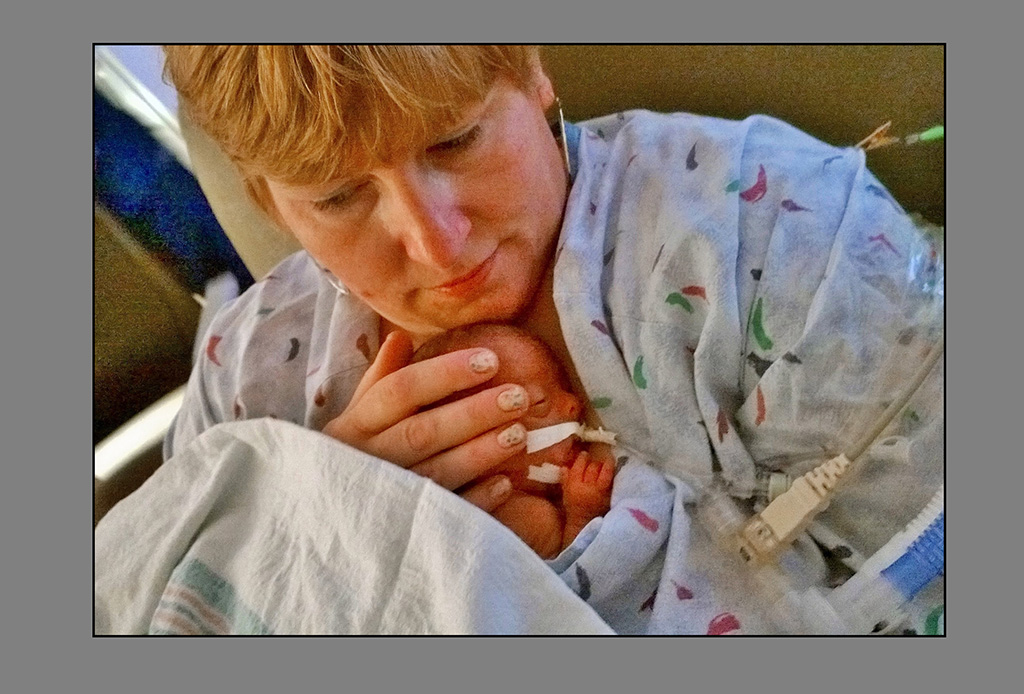
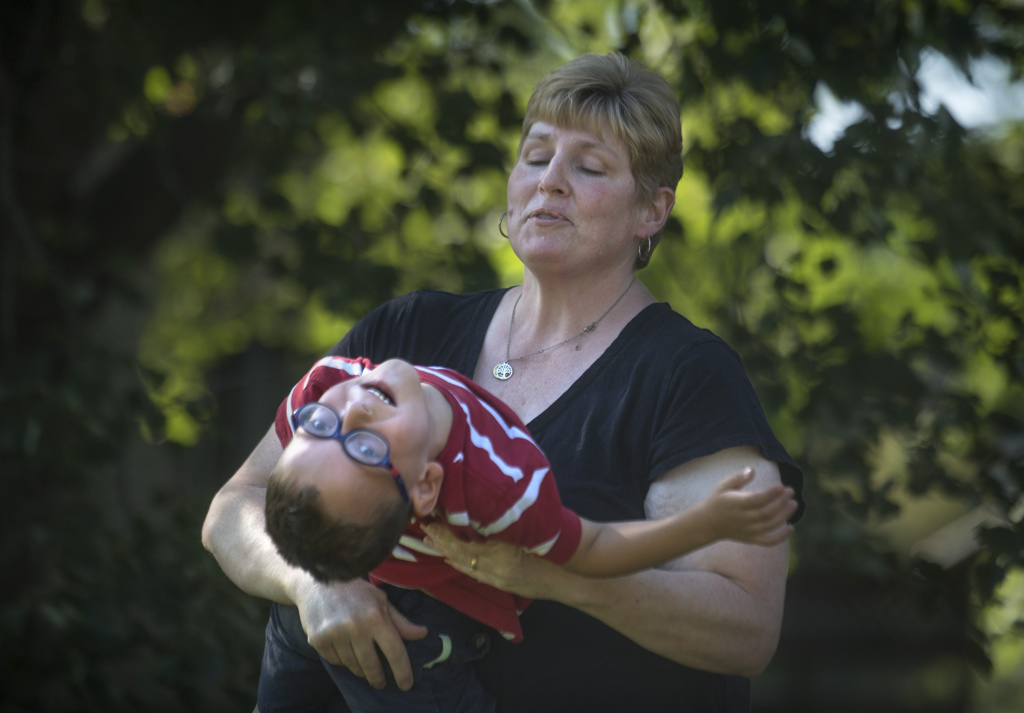
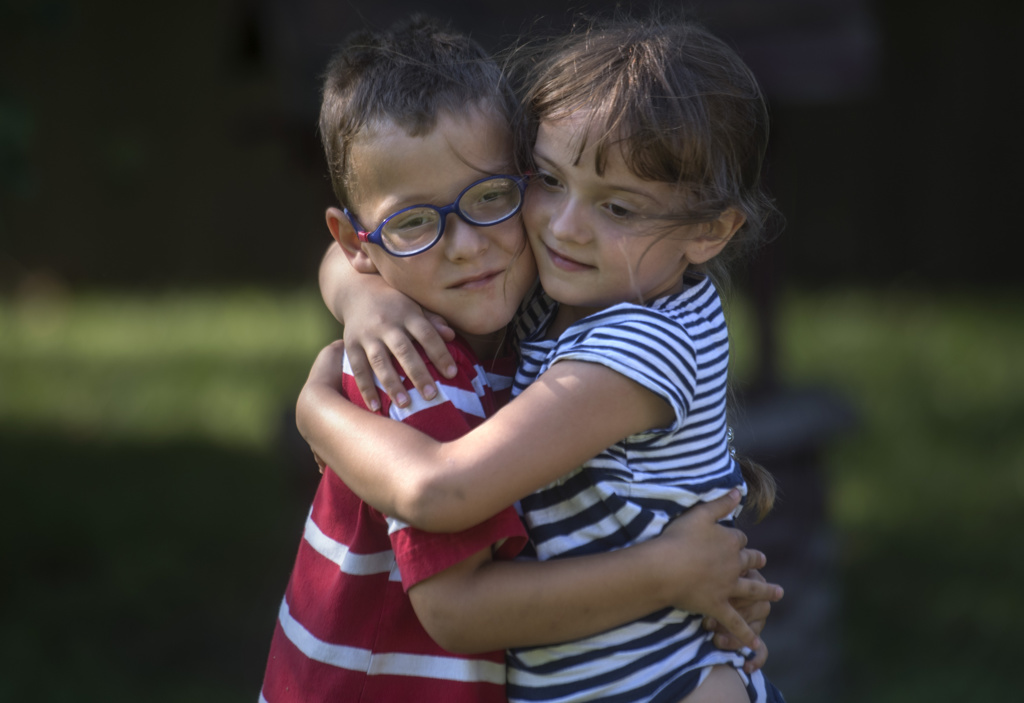
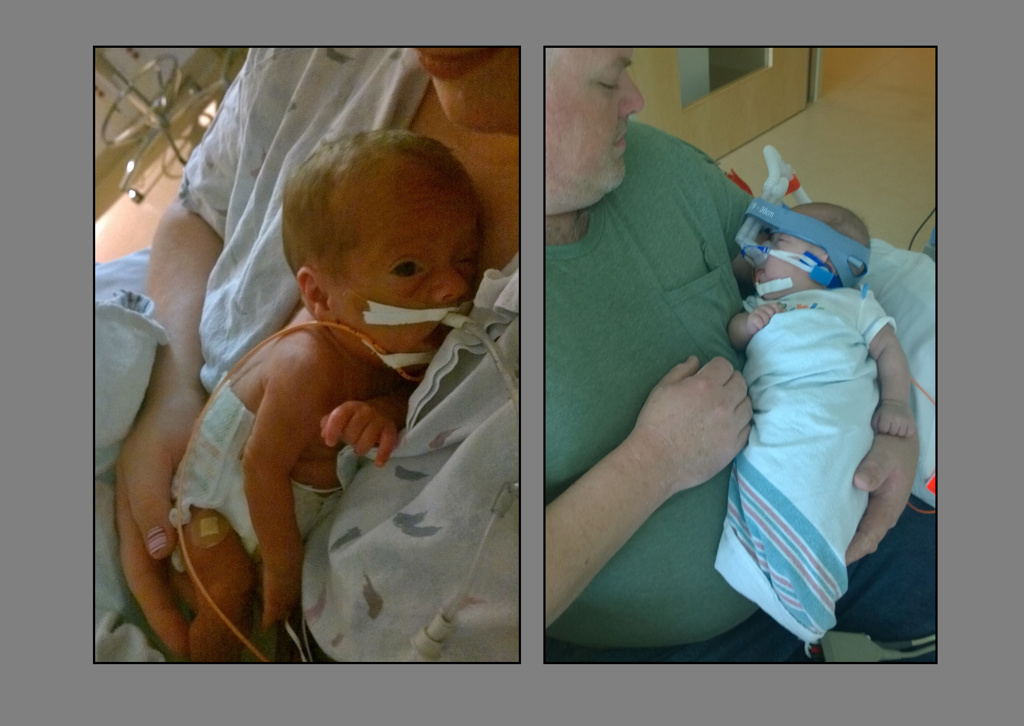
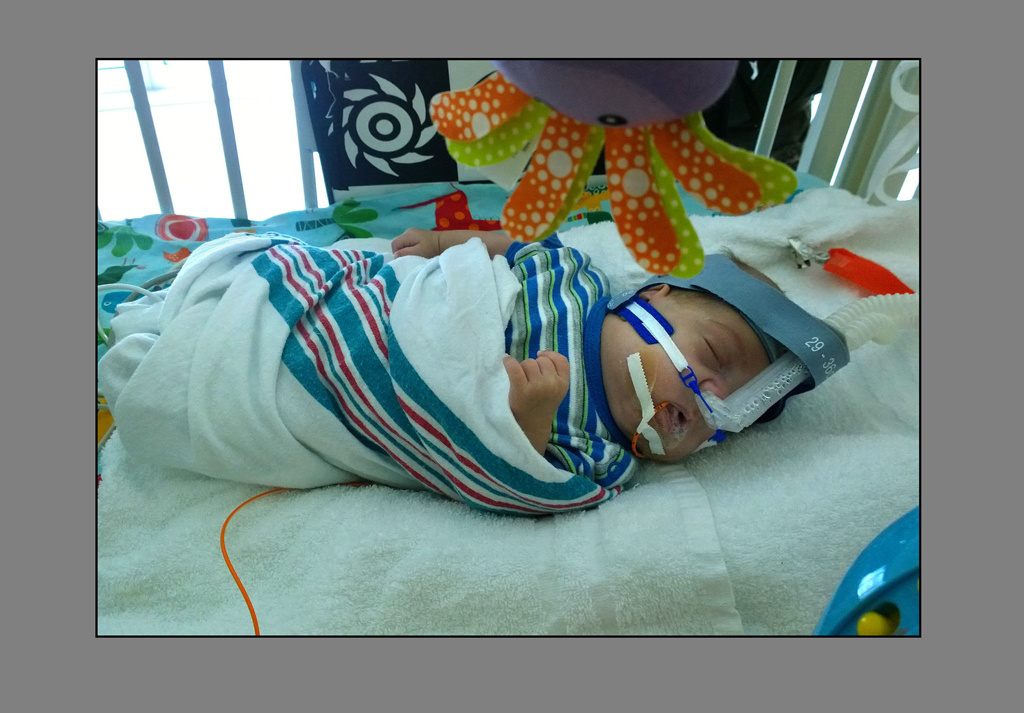
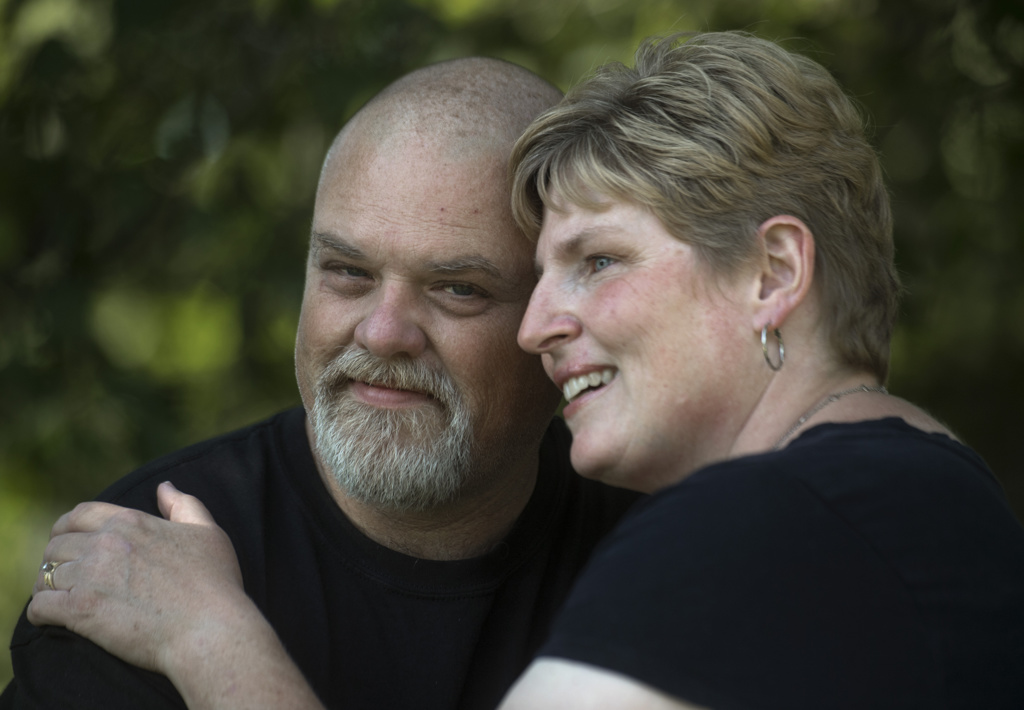
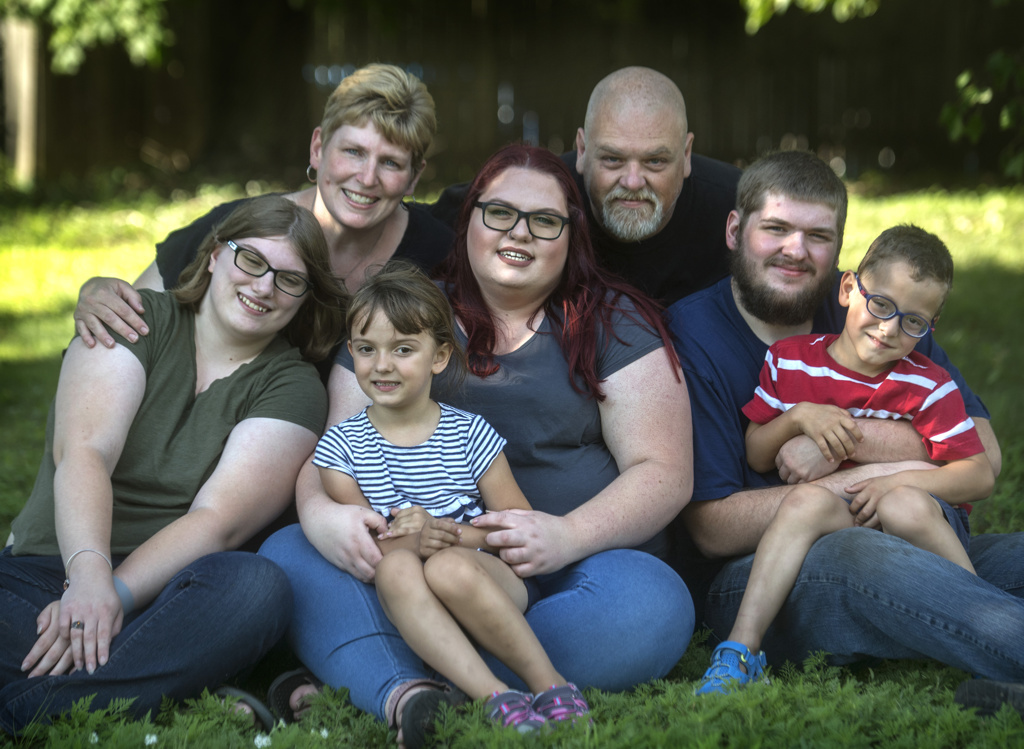
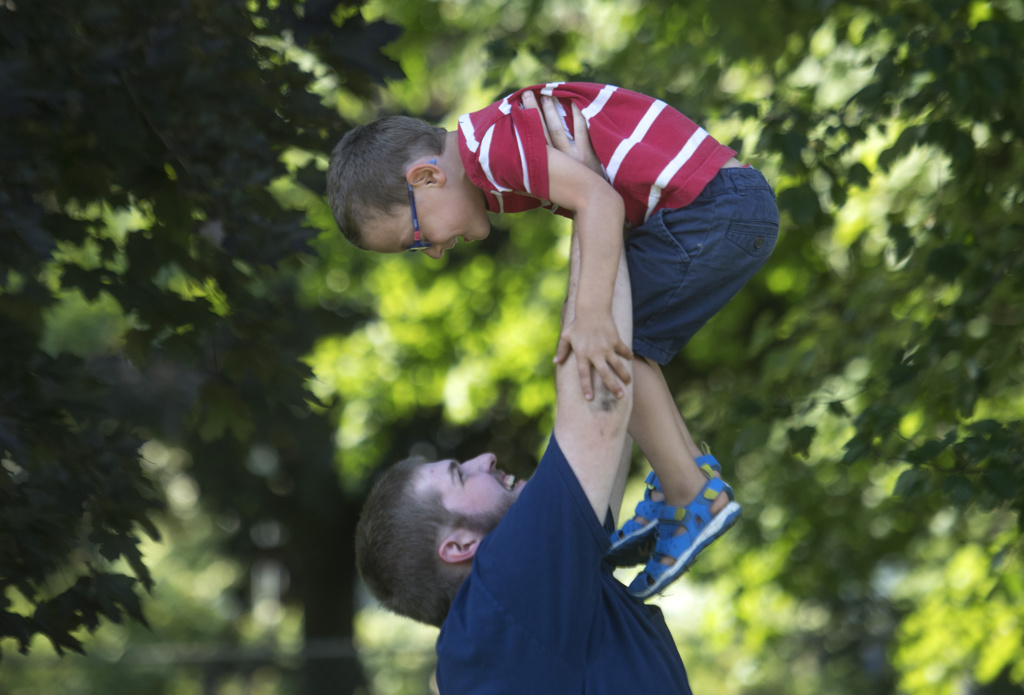

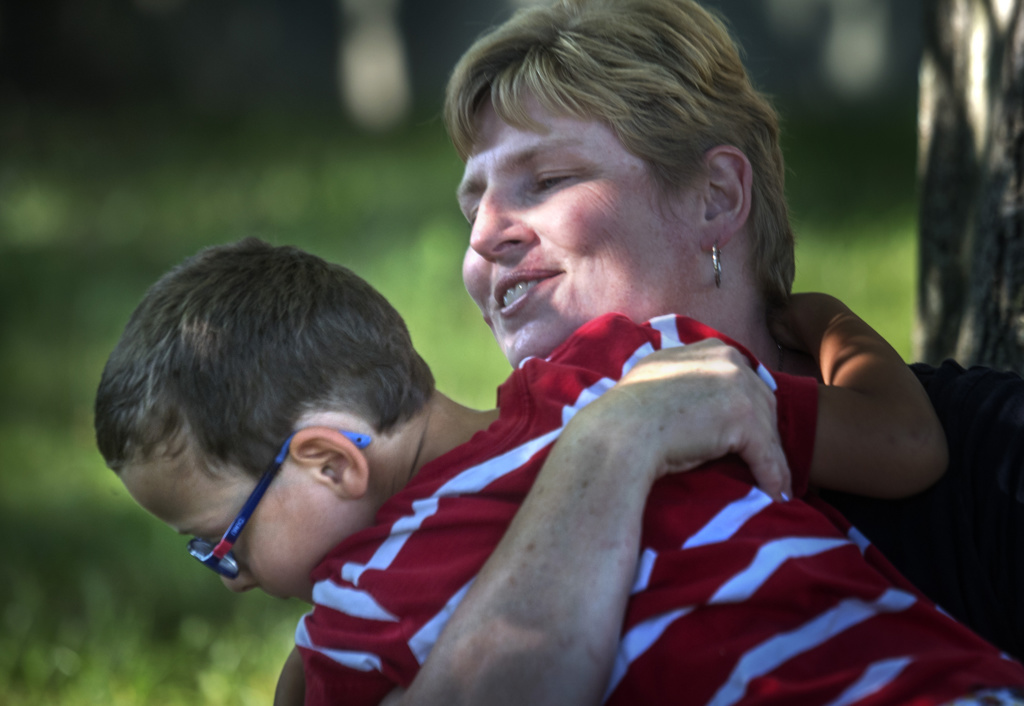
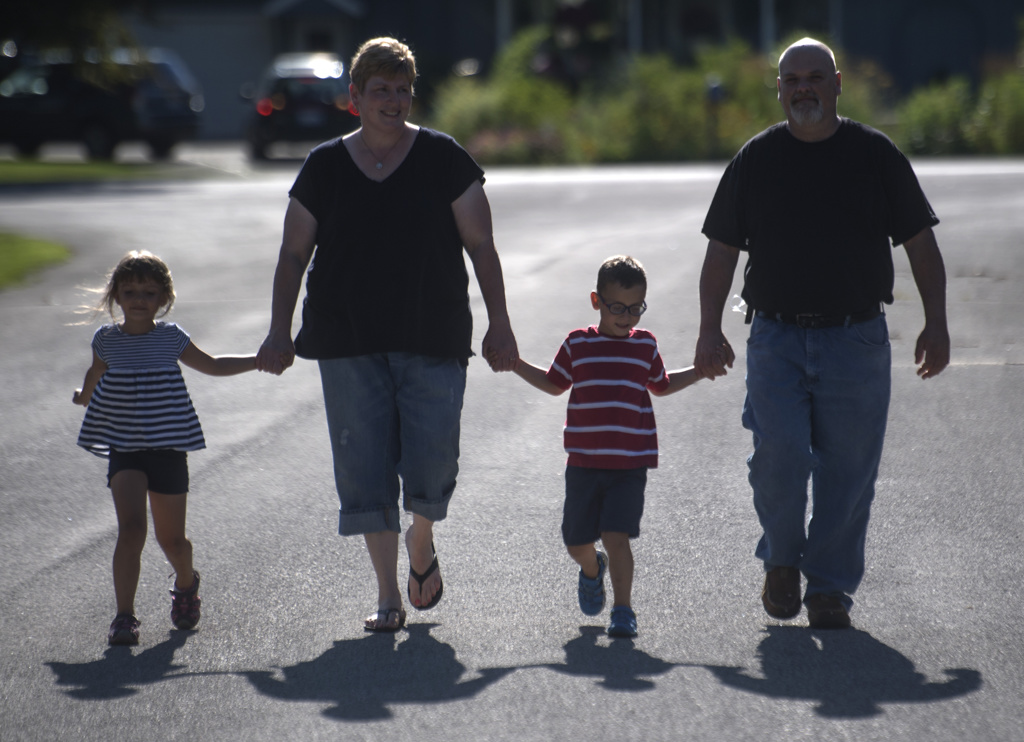

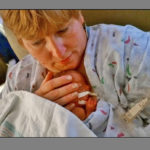
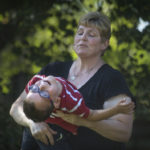

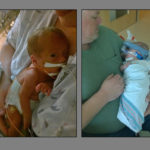
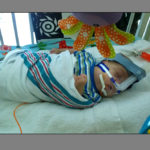
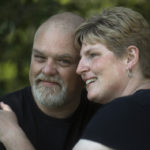





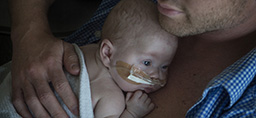 /a>
/a>
 /a>
/a>
 /a>
/a>